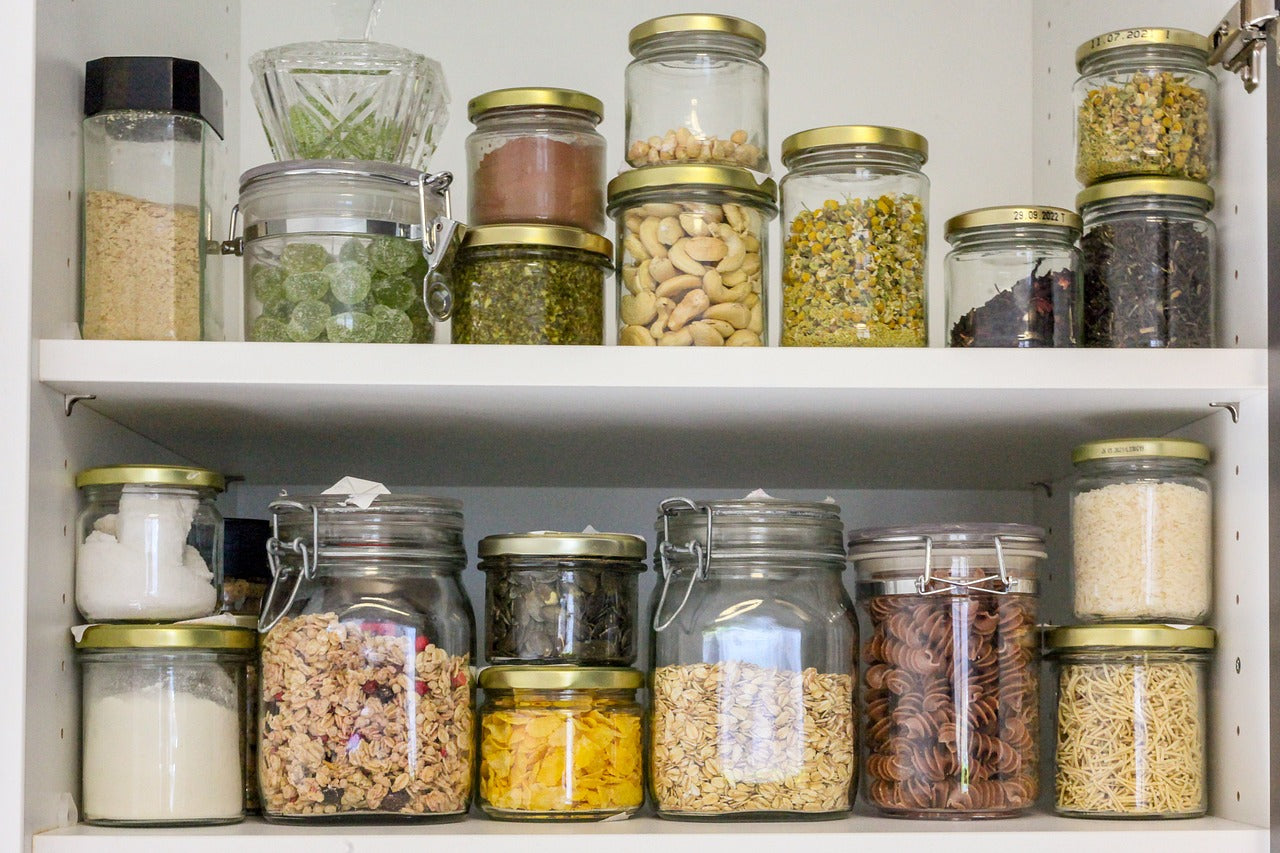The heat and summer have officially arrived, with high temperatures in all regions of Italy. The heat, especially the extreme and increasingly unpredictable heat of recent times, presents an additional challenge for the shelf life of some delicate and perishable food products. Furthermore, with the holidays looming, they can end up being left in the pantry for extended periods, risking spoilage.
To prevent this from happening, in this article we'll look at how to best preserve almonds, artisanal pasta, and extra virgin olive oil to enjoy all their flavor, quality, and nutritional properties while avoiding waste.
Boniviri products do not contain preservatives of any kind, so it's important to keep them under control and away from high temperatures and humidity, which can compromise their quality, especially when it comes to premium products like almonds, artisanal pasta, and extra virgin olive oil.
HOW TO STORE ALMONDS
Almonds, like our Pizzuta di Avola, are a powerhouse of flavor and nutrition, but they're also very sensitive to heat and humidity. To keep them fragrant and prevent their rich unsaturated fats from going rancid:
- Always store almonds in a cool, dry place, away from heat sources and direct light. A ventilated pantry is ideal, checked regularly to detect excessive temperatures. For particularly high temperatures, the refrigerator is the best choice.
- Choose glass or tin containers that are well resealable or airtight: they protect the almonds from the air, external odors and maintain a stable temperature even as the temperature rises.
- Avoid plastic packaging for long periods: it can retain moisture, creating condensation, altering the flavor and leading to rancidity.
HOW TO STORE ARTISAN PASTA
Pasta, especially artisanal pasta, deserves special attention in summer. Although it's more stable than almonds, its aroma and texture can easily alter if temperatures and humidity rise significantly.
- Store pasta in a cool, dry place away from light. An airtight glass or tin container is ideal to prevent it from absorbing moisture or odors, so consider changing the container after opening the original package. If you're unsure or planning to go away for a while, the refrigerator is also the safest option.
- Always make sure the container is tightly closed. In summer, pasta tends to absorb humidity easily, losing its characteristic consistency.
- Consume the pasta as soon as possible after purchasing it: this will allow you to enjoy all the flavors and aromas that characterize Sicilian wheat, especially Perciasacchi.
HOW TO STORE EXTRA VIRGIN OLIVE OIL
Extra virgin olive oil is one of the most delicate delicacies in our pantry. Heat is its number one enemy: the ideal storage temperature is between 14°C and 18°C. Temperatures above 25°C can accelerate rancidity and alter the oil's aroma and flavor.
- Store the oil in dark, tightly closed bottles, away from light and heat sources (such as stoves or sunny windows).
- Here too, opt for a cool pantry or cellar, especially if you store large quantities such as 5L cans.
- In this case, avoid the refrigerator as it would bring the oil below its ideal storage temperature, unless the ambient temperatures are really high and there is no other solution.
Preventing food from spoiling due to high summer temperatures is a good practice to avoid waste and enhance the work of those who produce it.
We therefore recommend choosing suitable containers, finding the coolest places to store food (using the refrigerator in some cases and in truly extreme conditions), and enjoying all the goodness of summer... knowing that when you return, you'll have a pantry full of excellent products waiting for you!
Did you know that our herbal teas can also be drunk cold? Protect yourself from the heat by finding out how to use them to cool down.




